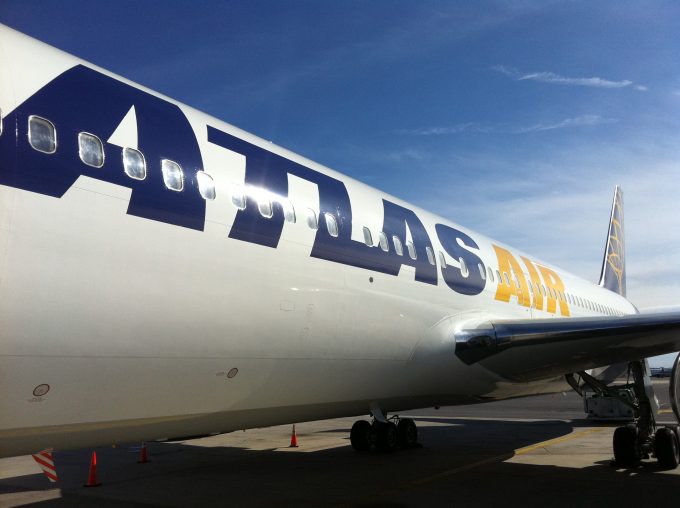Dachser acquisitions make for a successful 2024
Logistics company Dachser has reported significant growth, driven by acquisitions, and eyes Americas and Asia expansion in ...

Atlas Air is to pare back costs across the board following poor third-quarter results, as the share price fell 8% to just $22, half the level it was in July.
While it is pinning its hopes on the fourth quarter, it looks set to expect further disruption from its pilots.
In a tense earnings call, shareholders put pressure on the carrier, which reported third-quarter income from continuing operations of $60m, against $71.1m a year earlier.
Ebitda was $95.6m, compared with $123.9m in the ...
Maersk u-turn as port congestion increases across Northern Europe
Apple logistics chief Gal Dayan quits to join forwarding group
Maersk Air Cargo sees volumes fall as it aims for 'margin in favour of revenue'
Airlines slash freighter capacity post-de minimis, but 'the worst is yet to come'
Houthis tell Trump they will end attacks on Red Sea shipping
Transpac rates hold firm as capacity is diverted to Asia-Europe lanes
MSC revamps east-west network as alliance strategies on blanking vary
India-Pakistan 'tit-for-tat' cargo ban sparks sudden supply chain shocks

Comment on this article